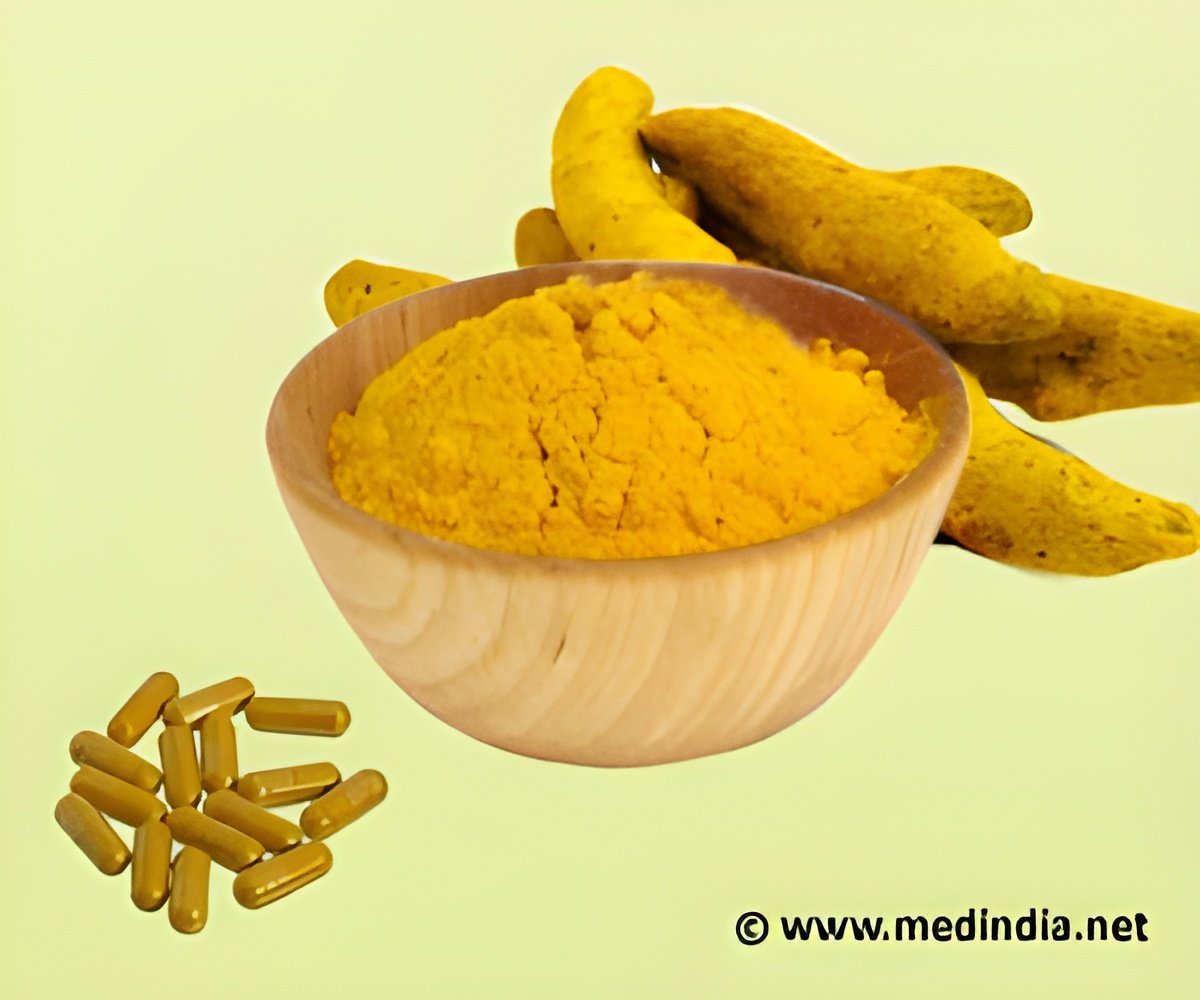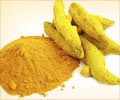Anti-nausea drug thalidomide when combined with turmeric can effectively kill multiple myeloma cells, say researchers.

In the late 1990's the drug was re-introduced as a stand-alone or combination treatment for multiple myeloma.
Turmeric, an ancient spice grown in India and other tropical regions of Asia, has a long history of use in herbal remedies and has recently been studied as a means to prevent and treat cancer, arthritis and Alzheimer's disease.
According to the American Cancer Society, laboratory studies have shown that curcumin, an active ingredient in turmeric, interferes with several important molecular pathways and inhibits the formation of cancer-causing enzymes in rodents.
"Although thalidomide disturbs the microenvironment of tumor cells in bone marrow, it disintegrates in the body. Curcumin, also active against cancers, is limited by its poor water solubility. But the combination of thalidomide and curcumin in the hybrid molecules enhances both the cytotoxicity and solubility," study's lead researcher Shijun Zhang, assistant professor in the Department of Medicinal Chemistry at the VCU School of Pharmacy, said.
The study is published by the journal Organic and Biomolecular Chemistry.
Advertisement











